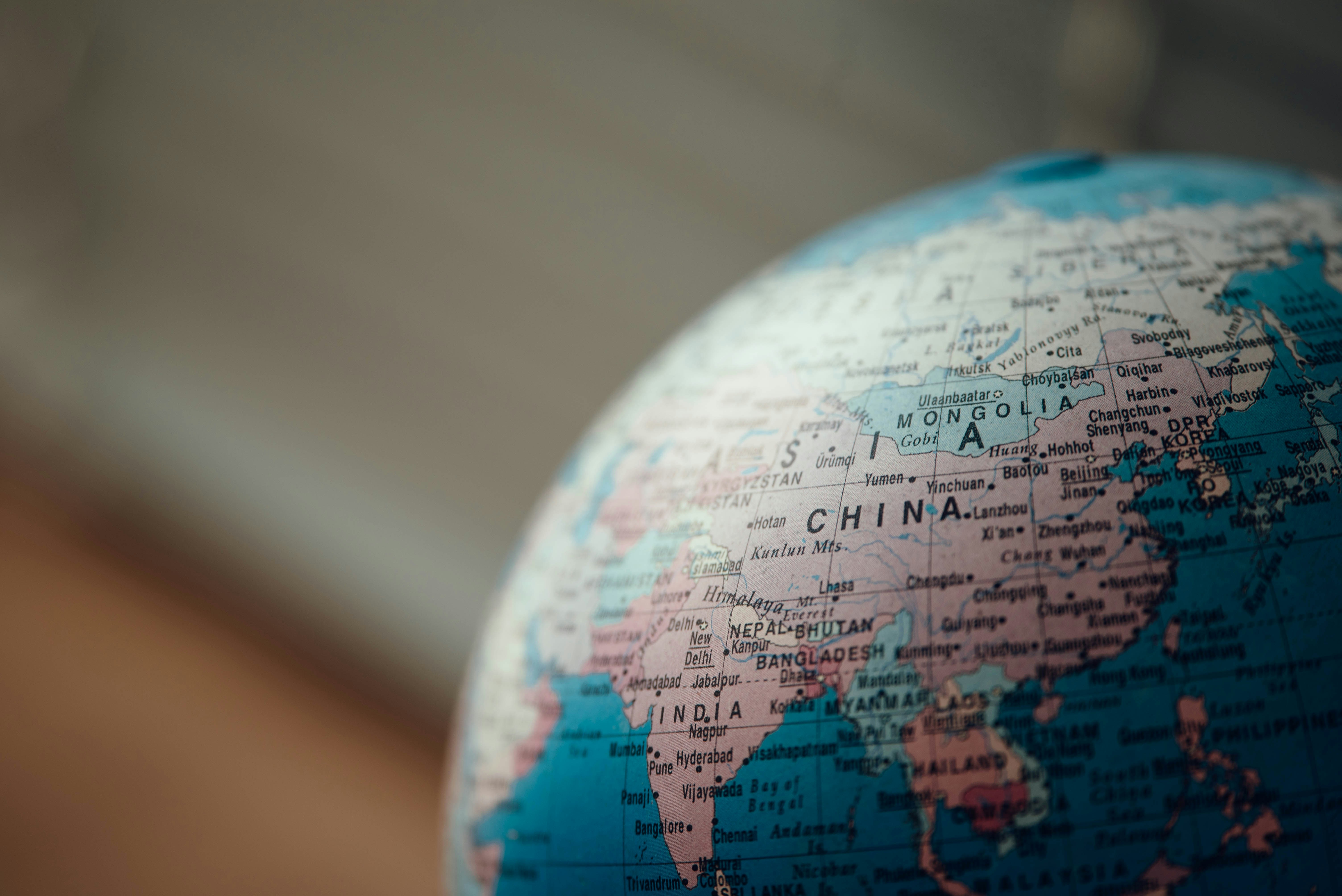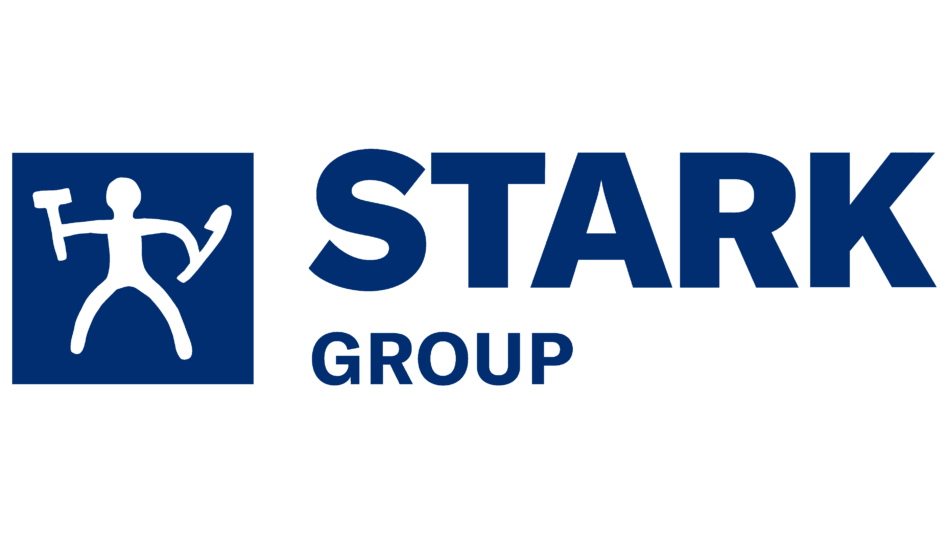Finding Factories in Asia: Navigating a Diverse Manufacturing Landscape
Asia is home to a diverse range of manufacturing capabilities, from high-tech electronics in Japan to textiles in Bangladesh. The continent offers a wealth of opportunities for businesses looking to expand their manufacturing footprint.
Exploring Asian Manufacturing
Variety of Options
Different countries in Asia specialize in various industries, allowing for tailored sourcing strategies. For instance, while South Korea and Japan are renowned for precision electronics and automotive components, nations like Vietnam and India offer strong textile and apparel production capabilities. This diversity enables businesses to align their manufacturing requirements with the strengths of specific regions, ensuring both quality and efficiency.
Cost-Effectiveness
Many Asian countries provide competitive pricing for manufacturing services. Lower labor costs, favorable exchange rates, and government incentives contribute to an environment where companies can achieve significant cost savings without compromising on quality. However, it is important to conduct thorough due diligence to verify that these cost benefits do not come at the expense of ethical labor practices or quality standards.
Growing Markets
The rising middle class in Asia presents not only an opportunity for production but also for product sales. As domestic consumption increases, local markets become attractive channels for expanding a product’s reach. Furthermore, regional trade agreements can facilitate the distribution of goods throughout Asia, offering businesses a broader customer base and the potential for long-term growth.
The Importance of a Code of Conduct
Establishing Ethical Standards
When expanding manufacturing operations across different regions, it is crucial to establish a clear code of conduct. A robust ethical framework ensures that all factories and business partners adhere to agreed-upon standards, covering issues such as fair wages, safe working conditions, and environmental sustainability. This not only protects the brand’s reputation but also contributes to the long-term welfare of the workforce and community.
Regional Variations in Standards
Asia’s vast manufacturing landscape means that the implementation of ethical standards can vary significantly from one country to another. Some regions may have strict labor laws and environmental regulations, while others might have more lenient oversight. Companies should take the following steps to manage these differences effectively:
- Local Regulations: Familiarize yourself with local labor laws, environmental policies, and safety regulations. Engage local legal experts or consultants to ensure compliance with all applicable laws.
- Auditing and Monitoring: Implement regular audits and on-site inspections to monitor adherence to the company’s code of conduct. This proactive approach helps identify and resolve issues before they escalate.
- Training Programs: Provide training for local management and factory workers on the company’s ethical guidelines. This fosters a culture of transparency and accountability.
- Supplier Partnerships: Choose partners who are committed to ethical practices. Establish clear contractual obligations and maintain open lines of communication to ensure ongoing compliance.
Building Long-Term Relationships
Developing a network of trusted manufacturing partners in Asia requires ongoing effort and relationship-building. Transparency, mutual respect, and shared values are critical components of successful partnerships. Companies should invest in regular visits, workshops, and collaborative initiatives that reinforce the ethical framework while also accommodating local practices and cultural nuances.Best Practices for Sourcing in Asia
- Comprehensive Research: Begin by mapping out potential manufacturing hubs that align with your industry’s requirements. Use market research reports, industry associations, and trade shows as starting points.
- Due Diligence: Assess prospective factories not only on their cost-effectiveness and technical capabilities but also on their commitment to ethical practices. Review past audit reports, certifications, and testimonials from other companies.
- Local Expertise: Engage local consultants and legal experts who can provide insights into regional regulations and cultural norms. This local expertise can prove invaluable when navigating complex legal or social landscapes.
- Clear Contracts: Draft clear, detailed contracts that outline quality standards, ethical obligations, and conflict resolution mechanisms. A well-structured contract serves as a foundation for a transparent and accountable relationship.
- Continuous Improvement: Use feedback mechanisms and regular assessments to ensure that both the company and its partners continue to meet evolving industry standards and ethical practices.
Three different modules
Here are our latest features and functionalities.
Vetting Agent
Ask specific questions for vetting suppliers in bulk.
Research Agent
Send out AI agents to find key information like financial & more.
Advanced Export
Provide key information to align and engage stakeholders.
FAQ
How is this different from ChatGPT?
Are you planning to replace attending trade fairs?
We love the physical meeting between the supplier and buyer. But going to a trade fair without checking Find My Factory is a waste of time and resource.
Is my data secure?
Yes, your data, both searches and uploaded are safe within your account. We have a ISO27001 pending.
Can I invite my team members?
Yes, dependent on your paid plan you can invite up to 5 or 10 more users. There is no cap in how many you can add to an additional cost.
Are my search results saved automatically?
Yes. All previous searches is saved to "recent searches".














